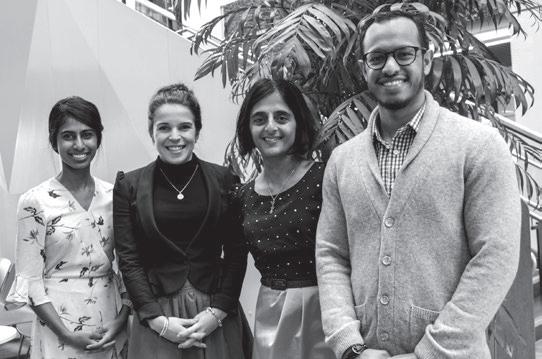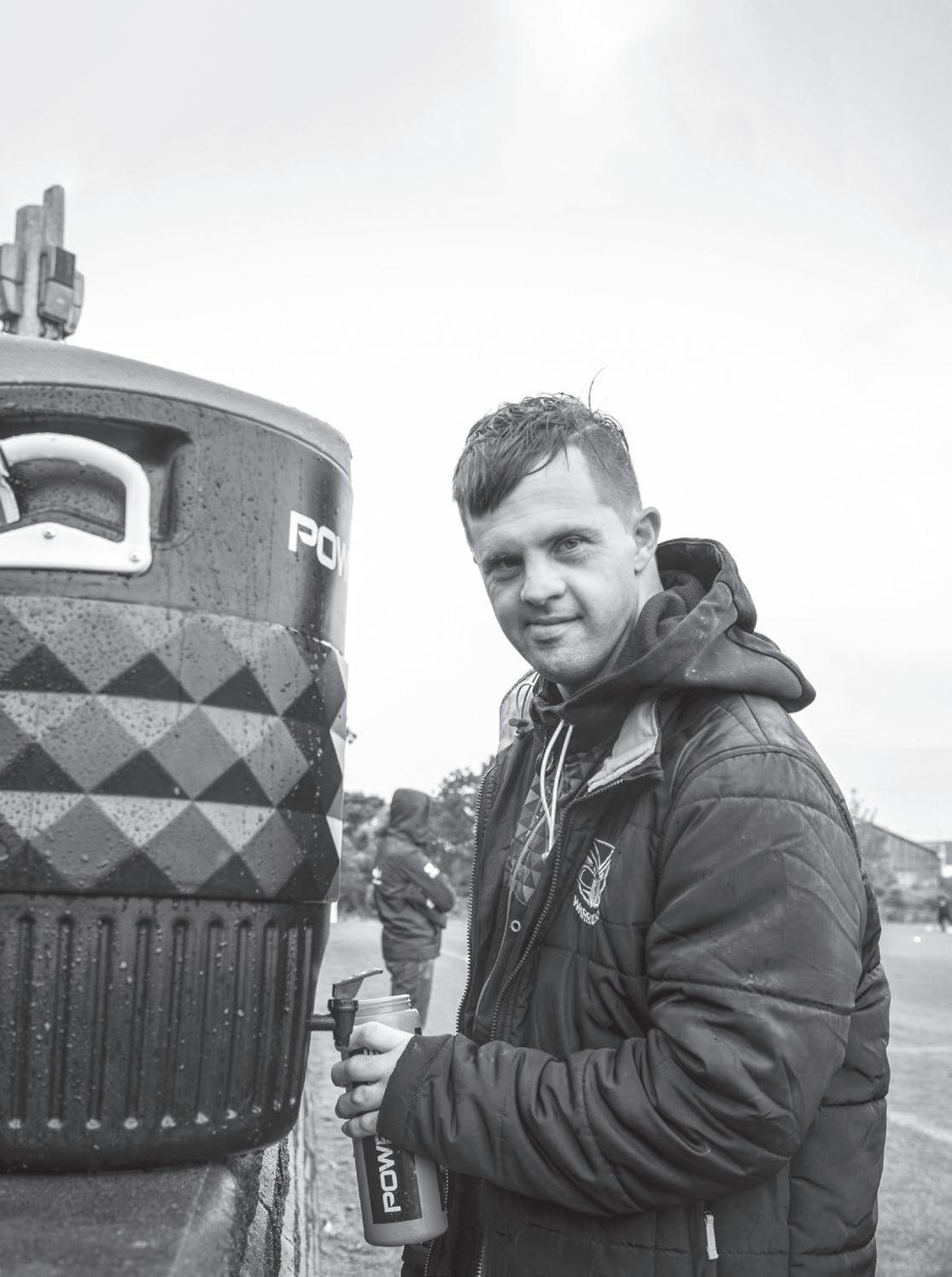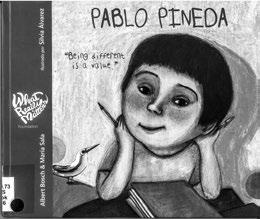
3 minute read
STRIVE member joins Disability Consumer Consortium
Recently I attended a meeting for the Disability Consumer Consortium at the Brentwood Hotel, Wellington for a three day conference. I got to meet other people from all over New Zealand and some of them had disabilities such as cerebral palsy, blind or low vision, hearing impairments, and autism. We had some guest speakers who talked to us about how the Disability Consumer Consortium works and what it will do in the future. Issues we discussed at the meeting were: • the Disability Support Services are updating their report and are working in collaboration with Whaia Te Ao Marama. The hospital staff are finding out that the behaviour of people with mental disabilities is too challenging for them and placing their work colleagues at risk; • the need to support tangata whaikaha to recognise experts to participate in disability training, to ask staff to promote disability information to Maori communities; • Work and Income New Zealand should have friendly staff that need to have people skills. Government agencies need to understand Kiwis with Disabilities to help them engage from both sides; • learning how different government agencies can help people with disabilities to engage with them by giving some good advice and feedback. We have every right to be treated with respect, remembering we are allies and we are not enemies. Everyone has the right to know what the information is they are collecting, receiving the feedback even if it is not going to be used and being informed about what is expected from us. We all need to be treated as equals, all having rights and responsibilities; • Kiwis with disabilities need to know how to live in the community within the family home, transferring into school and the workforce to enable them to live healthy enriched lives. The message I would like to spread is knowing who needs the information and to use the agencies to spread the information through LifeLinks, IHC, New Zealand Down Syndrome Association, Canterbury Down Syndrome Association and Healthcare New Zealand. The resources we need to use for people to have access to computers, community, post and postage included or by snail mail; • improving the Disability Support Services complaints webpage by having more visuals. Not everyone can read and type. The best way to present information to meet these needs is to have Easy Read documents with lots of visuals. I think the website is to include information about how to make a complaint. The best way to make it clear for people with disabilities complaining if their supports are not responding to Te Ao Maori is to find an advocate or support person that will help to support you in helping how to make a complaint; • Kiwis with disabilities can live with their parents at home and can decide where to live in the future. Their parents can help to support their son or daughter if they would like to go flatting one day; • Residential pricing model will allow for regional cost factors, people can live alone and they need to have community interaction so that they are not isolated. When living on their own they will need some funding for transport costs to allow them to be involved in the community. In aged residential care it now results having less staff and a reduction in the quality of care. When in care they will require having time and could not be rushed so that the provider will not allocate time doing the tasks providing a quality service;
‘The future is for the living, you can see what tomorrow will be and what value there is in our everyday lives’.
I am hoping that many people, organisations and viewers will enjoy reading this report. I greatly enjoyed my time at the Disability Consumer Consortium meeting. Reported by Andrew Oswin STRIVE Representative New Zealand Down Syndrome Association








